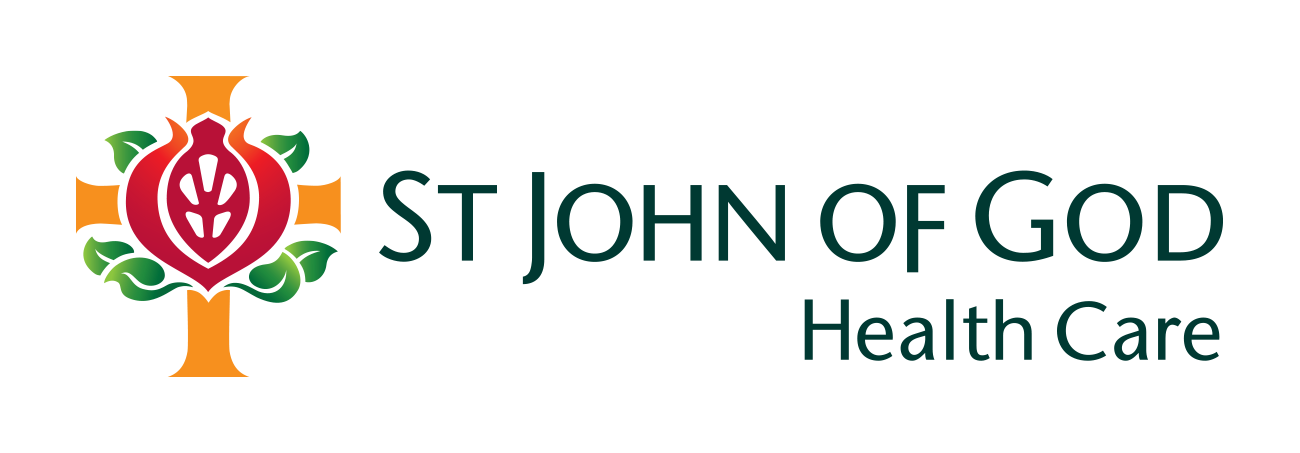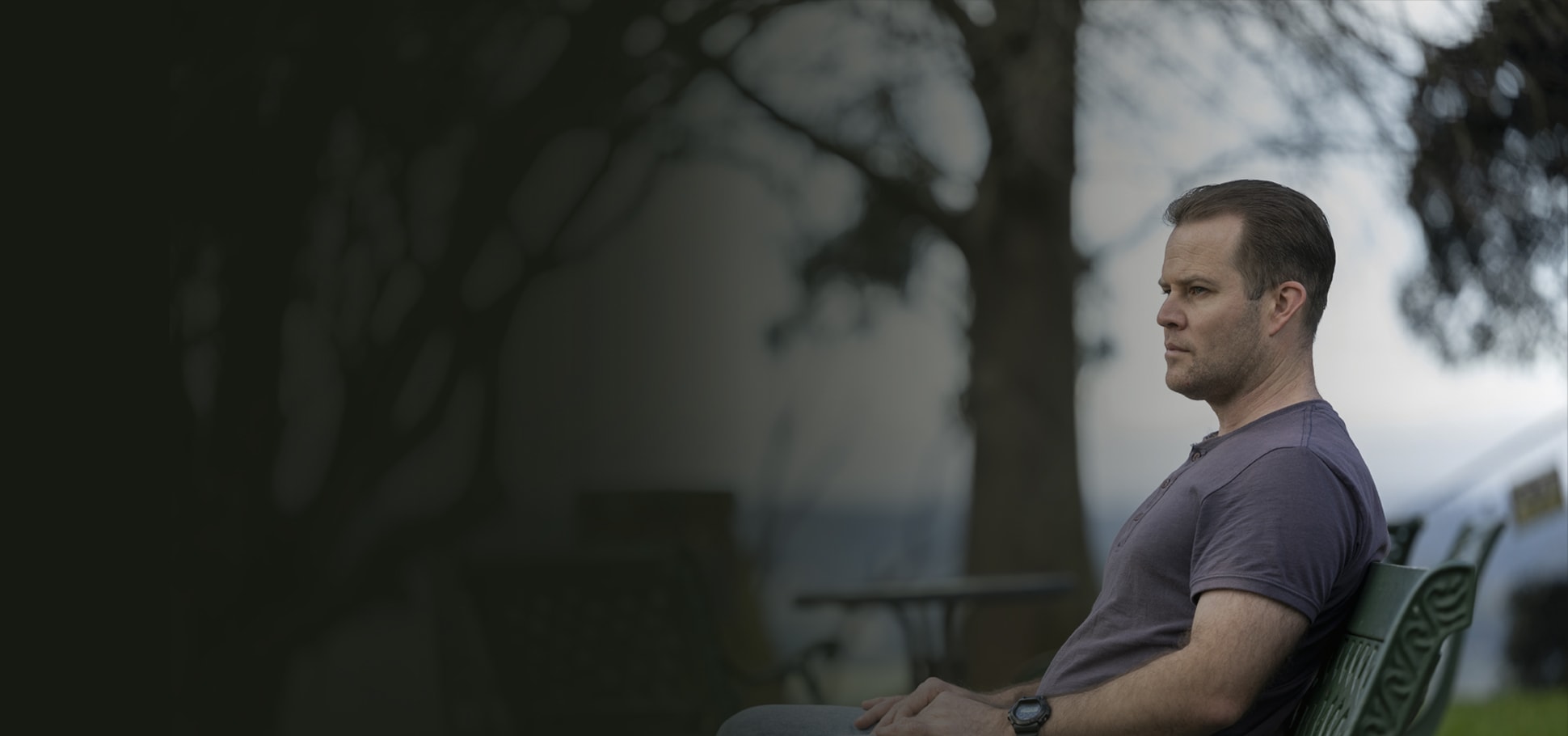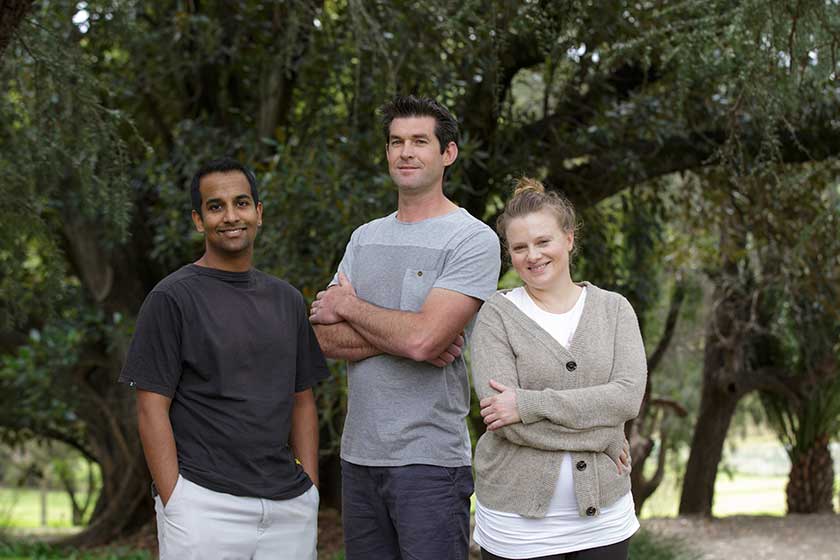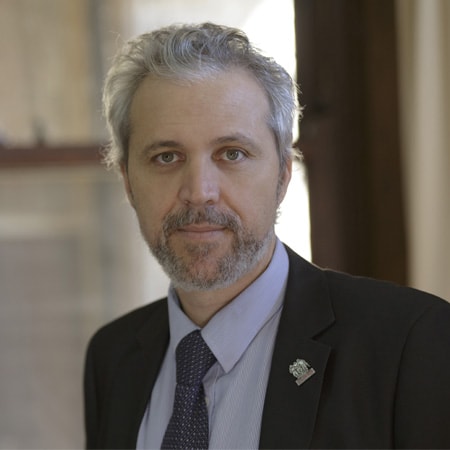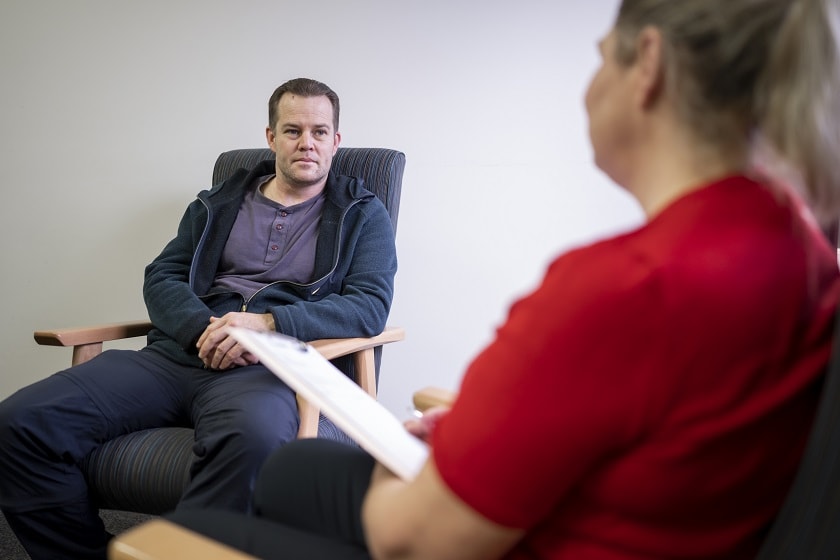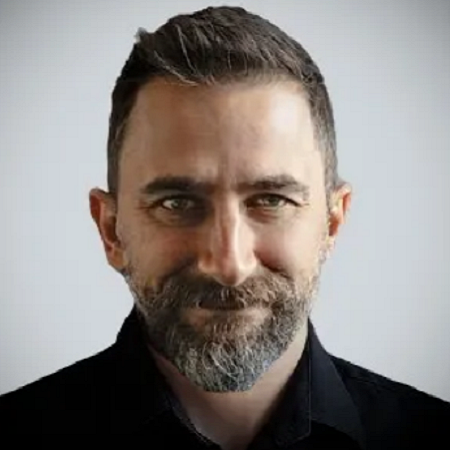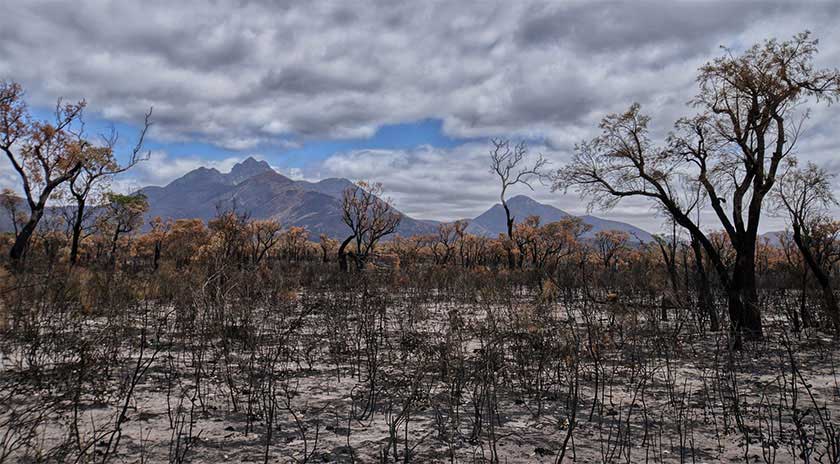Post-traumatic stress disorder (PTSD)
What is PTSD?
Dealing with different types of trauma and post-traumatic stress disorder (PTSD) can have a big impact on the way you see yourself, your life and the world.
PTSD is a set of reactions which can happen after a traumatic event or a series of traumatic events. It can be related to your own lived experience, witnessing an event or exposure to traumatic events if you’ve worked in services such as the military or emergency services.
Signs and symptoms
If you’re experiencing PTSD, you might have:
- distressing memories, flashbacks or nightmares
- negative changes to your thinking or mood
- feelings of irritability, anger, guilt, helplessness or intense sadness
- an exaggerated startle response which makes you feel jumpy or on edge
- avoidance of people or social situations
- disturbed sleep
- trouble relaxing and enjoying your daily activities.
Trauma can also trigger other mental health conditions including anxiety, depression, alcohol and drug misuse and other challenging behaviours.
Without professional help, you might try to ignore your PTSD symptoms. This could mean you avoid certain people, activities or situations and your quality of life isn’t as good as what it could be. You might isolate from your family and friends or stop doing the things you would normally love to do.
With the right treatment, you can work towards recovery and find a new way forward.
Why seek treatment?


Symptoms you can experience


What is trauma?


Your treatment options
If you’re not sure about getting treatment, it could be helpful to think of PTSD as an injury. Certain traumatic events can threaten or harm your mental health in the same way these events can cause physical injuries. For any serious injury to get better, you need treatment from a professional.
Here are some things to know about getting treatment for PTSD or another trauma-based condition:
- It’s important to look for treatments which are evidence-based. You might like to start with an appointment with your GP or take a look at the treatment programs we offer through St John of God Health Care.
- Your treatment might include individual and group counselling, medication or a combination of these.
- Other treatment options can include mindfulness, eating a healthy diet, sleep management and regular exercise, working with health care professionals such as dieticians and exercise physiologists.
- The best kind of treatment looks different for each person. You might even need to try a few different treatments before you find the one which helps you to feel better.
Your family, friends and carers could become an important part of your treatment, supporting you through your treatment and recovery.
These are the programs which we offer through St John of God Health Care.
Our treatments
We offer a range of mental health treatments across New South Wales, Victoria and Western Australia. The right treatment for you will depend on a range of factors including your location, how you’re feeling and the advice of your health care professionals.
Here are some details about the treatments which might be available to you.
Depending on what you’re experiencing, you might be referred for admission in one of our inpatient treatment programs. With this type of treatment:
- You will stay in one of our hospitals or inpatient facilities for one night or more.
- Your stay might be planned in advance or could be the result of an unplanned illness or exposure to trauma.
- You’ll receive care from our doctors, nurses, psychologists and other types of health care professionals to meet your needs.
- You might need medication, care, monitoring and treatment, which can be provided by our around-the-clock medical team.
When a doctor discharges you from your inpatient treatment, you’ll receive a plan for what happens after your stay. This might include instructions to follow up with doctors, take prescribed medication or referrals to our day programs or community services, depending on what’s right for you.
We offer a range of day programs which could help you learn how to manage trauma, perinatal mental health conditions, alcohol and drug misuse, anxiety or depression.
Our day programs are structured, group therapy sessions, tailored for the needs of your group. You could join a day program which is run once or twice a week, over a period of weeks or months.
In each session, you’ll work with our specialised therapists to learn how to build life skills, manage your symptoms and explore ways to feel better as you get back into your everyday activities. Our day programs could be part of your treatment, following a stay in hospital through our inpatient care.
Depending on your needs, you might be referred for an appointment with one of our psychiatry team. They will work with you to discuss your needs and find the best treatments to help your recovery.
We provide a range of community mental health services for young people, adults and families, including programs for perinatal mental health. Our services are provided by specialist clinicians and mental health workers.
These programs are designed to help support your recovery and stay well in the community.
Learn more about:
Locations
In the community
Community mental wellbeing services across New South Wales, Victoria and Western Australia.
Our community mental wellbeing services are located in:
Victoria
- Ballarat
- Bendigo
Western Australia
- Cockburn
- Mandurah
- Midland
- Pinjarra
Our community perinatal mental health services are located in:
New South Wales
- Blacktown
Victoria
- Ballarat
- Bendigo
- Berwick
- Geelong
Western Australia
- Cockburn
- Mandurah
- Midland
- Wanneroo
- Wembley
This service is located in:
Western Australia
- Midland
- Mirrabooka
- Gosnells
- Armadale
This service is located in:
Western Australia
- Perth metropolitan area
Learn more about St John of God Drug and Alcohol Withdrawal Network >
This service is located in:
Western Australia
- Bunbury
- Busselton
- Outreach services throughout the South West region
Learn more about St John of God South West Community Alcohol and Drug Service >
Urgent care
If you or someone close to you is in distress or at risk of harm, call 000.
